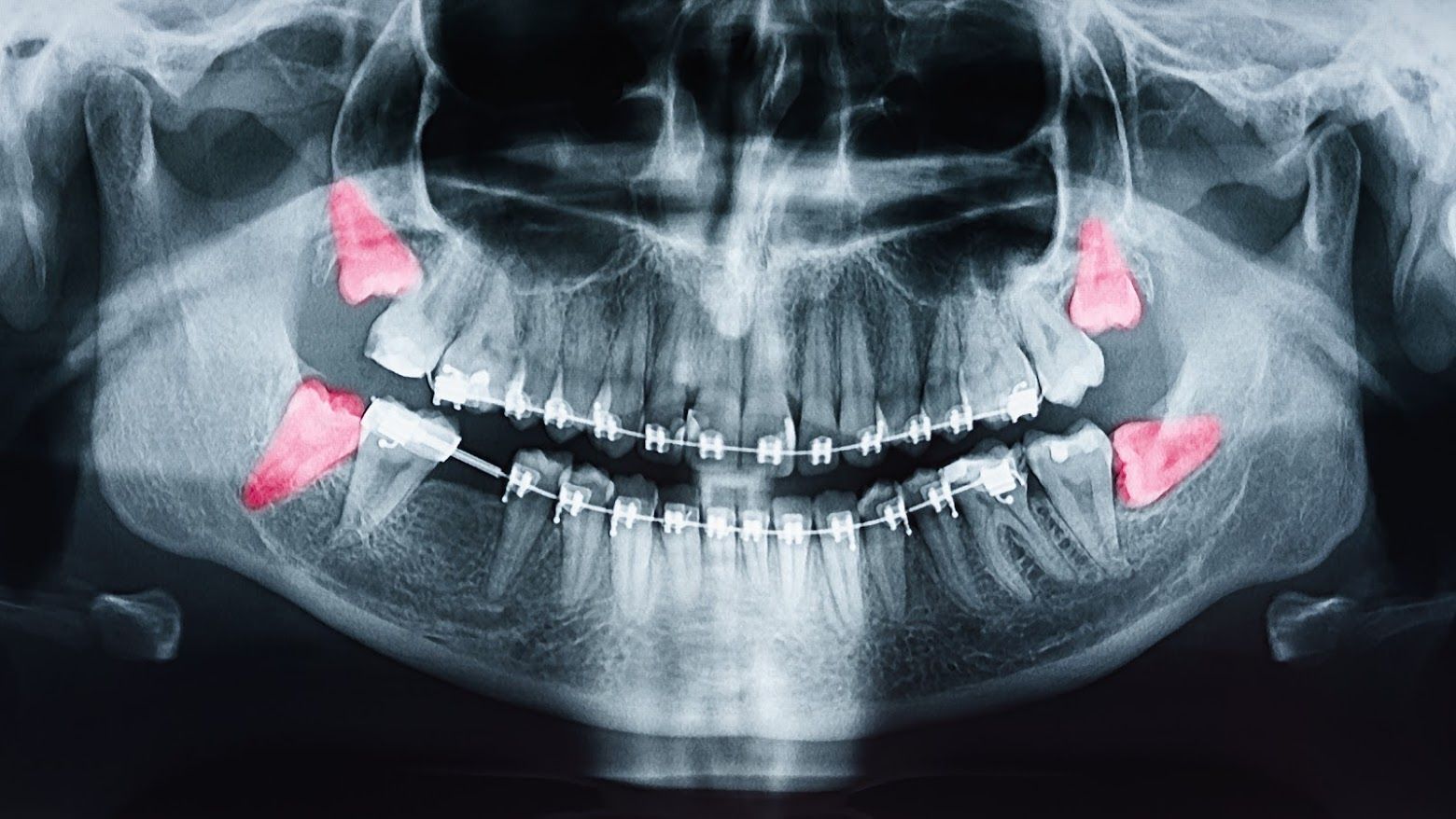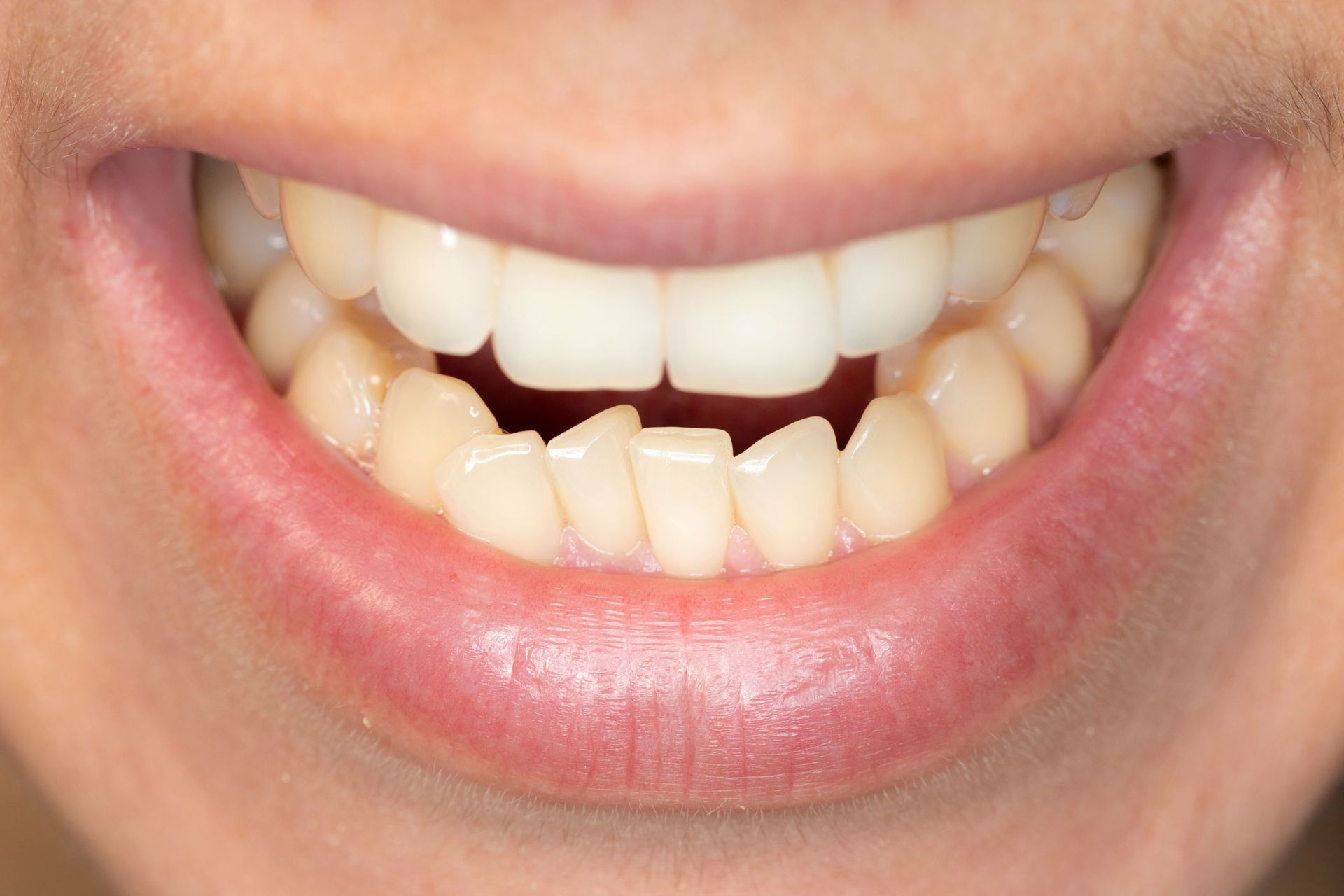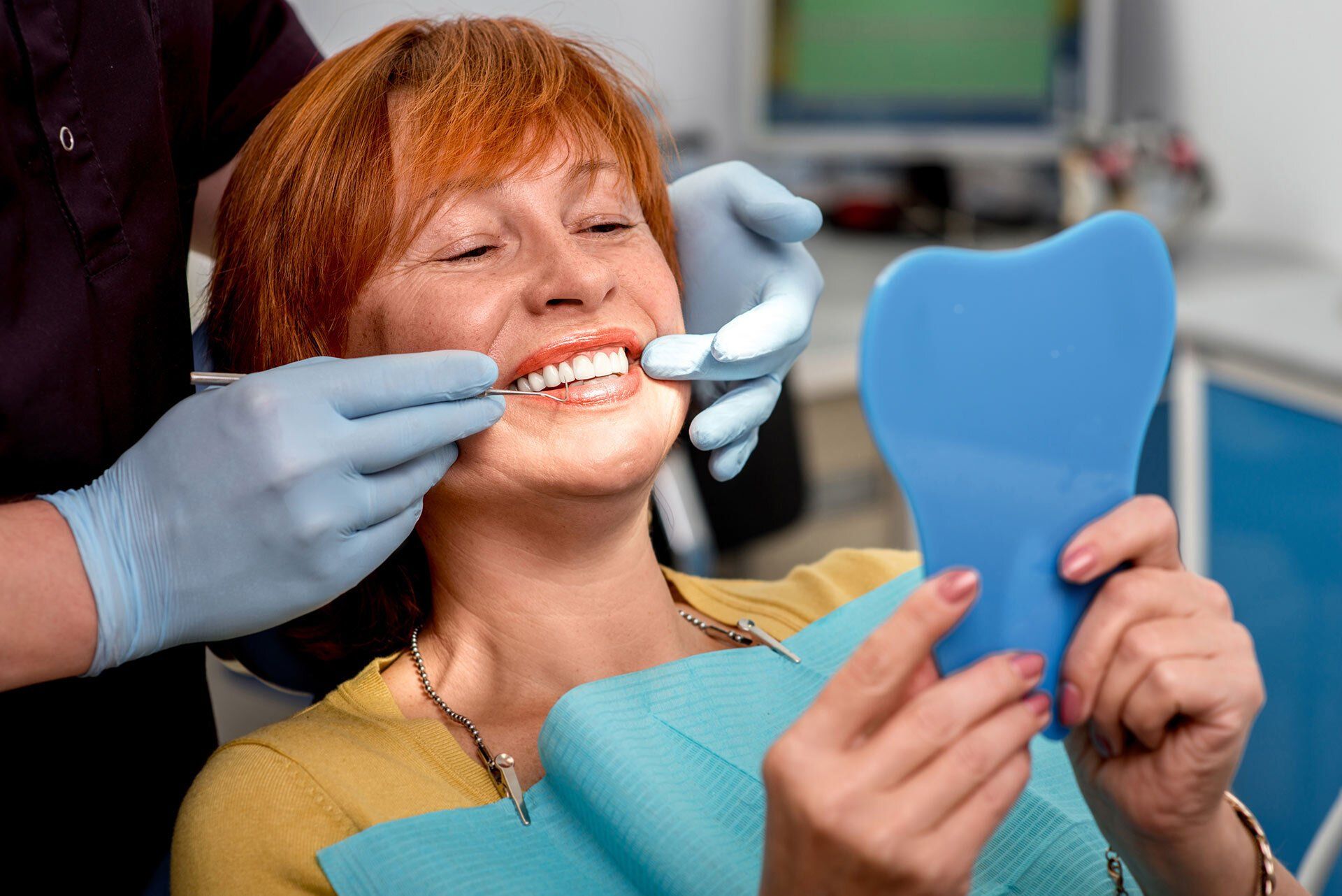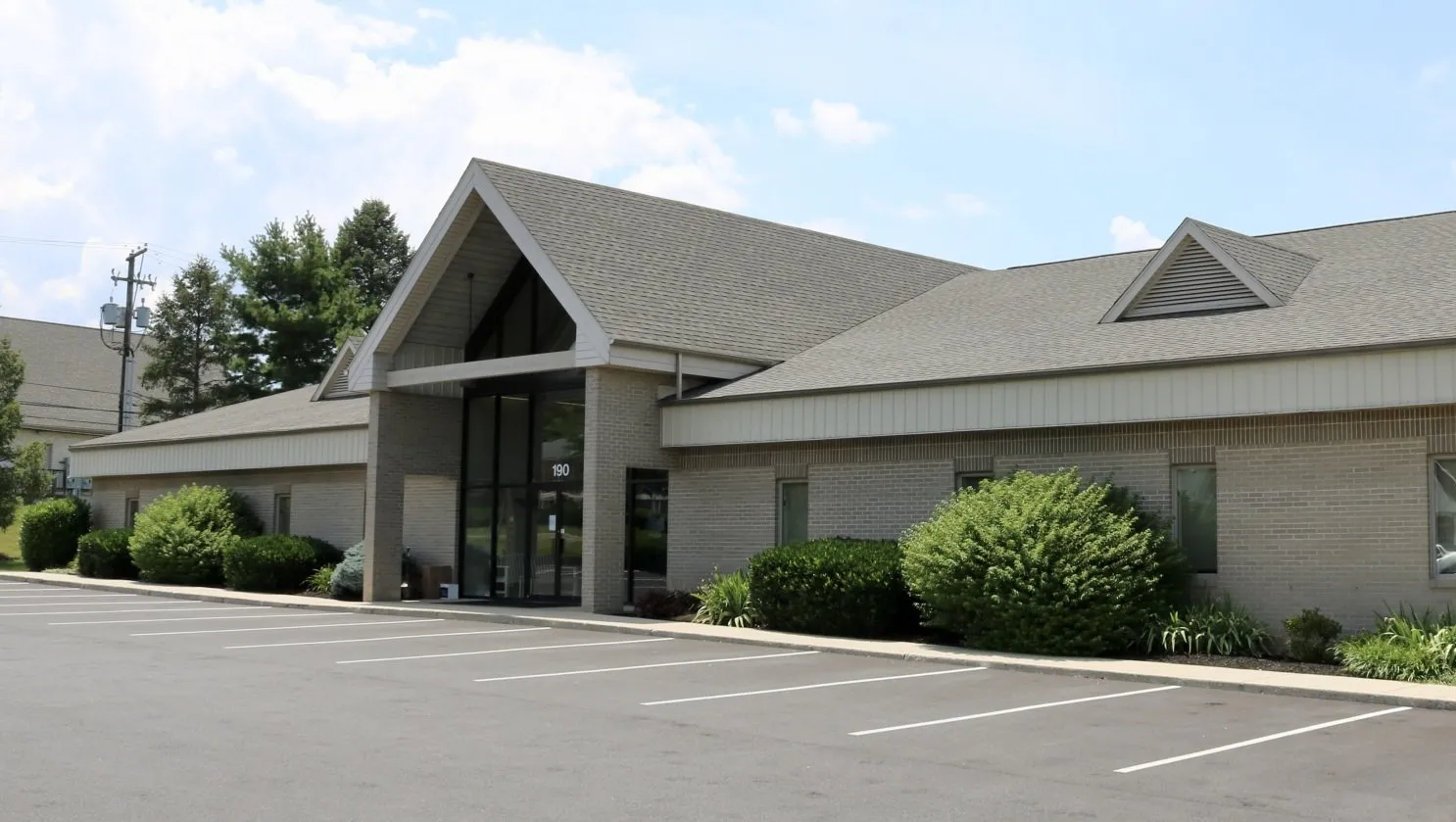Lancaster Office
Hershey Office
Lititz Office
Don’t Wait to Replace a Missing Tooth
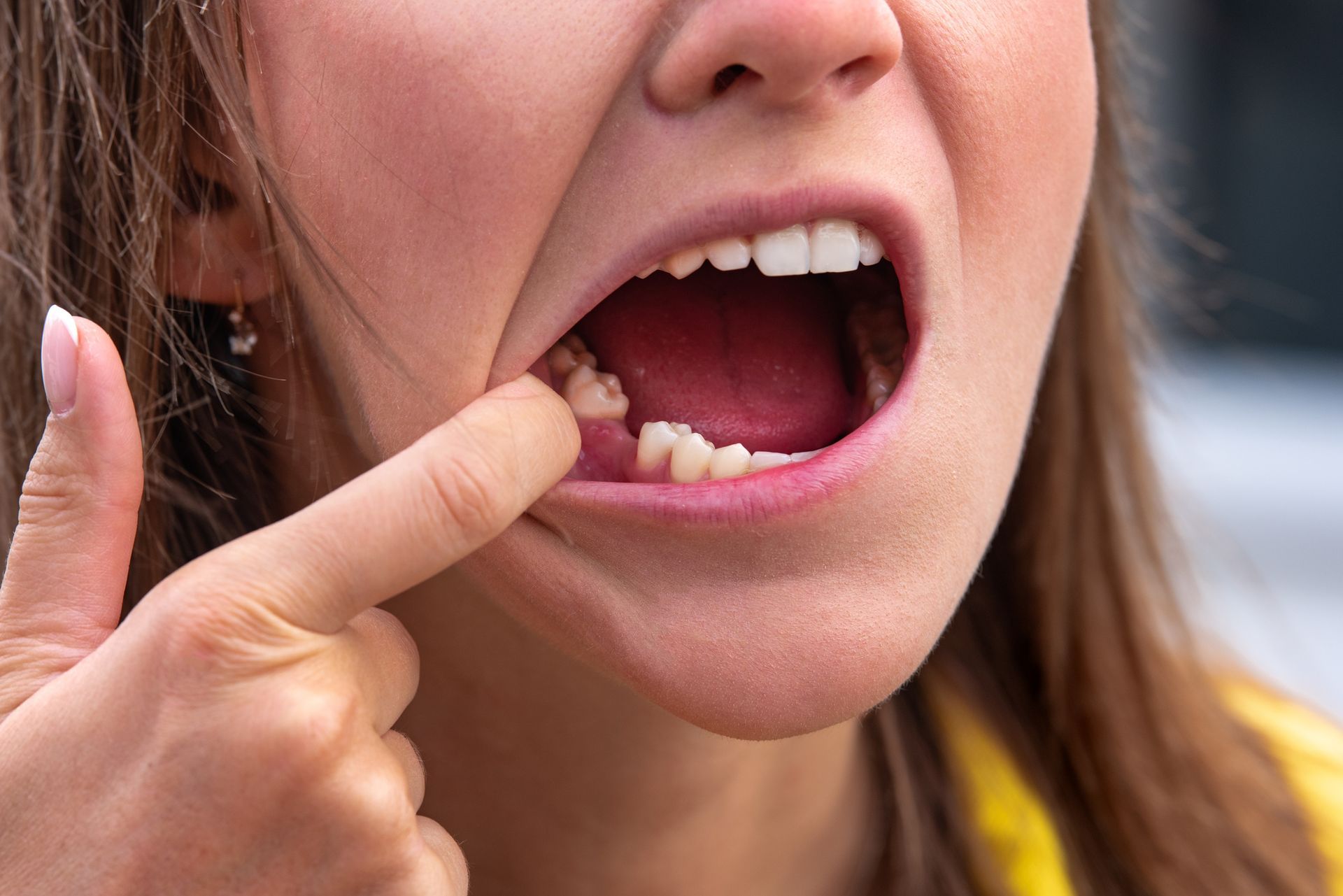
Being told by your dentist that a tooth needs to be extracted brings forth a wide variety of emotions for a patient. There are many reasons that a tooth can be deemed non-restorable including heavy/deep decay, a vertical fracture, a traumatic event, and bone loss from periodontal disease. Regardless of the cause, having a missing tooth is often more than just an aesthetic issue. Read more below to discover the many reasons a missing tooth should not be ignored.
May Cause Teeth to Shift Resulting in a Malocclusion
Teeth like to have contact with their “neighbors” as well as teeth in the opposing arch. When you lose a tooth, the adjacent teeth overtime will shift/tilt into the empty space. It is unlikely that the shifting tooth will completely close the space, but rather “lean into the space”. Teeth in the opposing arch may also supraerupt as they “look” for the opposing dentition that is now missing. These movements can lead to a malocclusion, food traps, or difficulty with chewing. While this often takes many years to occur, replacement of the missing tooth with a dental implant will stop this shifting process.
Misaligned teeth (malocclusion) will not only affect your smile but may also increase the risk of temporomandibular joint disorder (TMD). As more and more teeth are lost, the hinge motion of the jaw is slowly altered, which results in joint pain, difficulty opening/closing, and overall tightness of the joint. When a patient has a full complement of teeth the TMJ is usually able to function seamlessly.
May Cause Bone Loss
The bones of the upper and lower jaw rely on forces of chewing with your natural teeth to maintain height, width, and depth. When you lose a tooth, the jawbone in that area no longer receives stimulation which leads to losing overall mass with time. Removable prostheses such a denture or partial sit on top of the bone and apply forces that resorb bone. When a missing tooth site is restored with an implant, the chewing forced are distributed directly into the bone, maintaining bone health and thickness.
Areas in which the bone is thin can also begin to affect the neighboring teeth resulting in gradual bone loss and pocketing around healthy teeth leading to their eventual demise.
May Affect Your Mental Health
Missing teeth can also have a psychological effect on a patient. Our teeth contribute to our confidence around others and provide us with the ability to chew and speak with poise. Often patients with missing teeth will avoid smiling or eating out with friends as this can act as a source of embarrassment and lead to anxiety, depression, and low self-esteem. Smiling and chewing with confidence is something many people take for granted and replacing missing teeth with dental implants often restores a patients love of oneself. Many patients that have pursued dental implant placement at Conestoga Oral Surgery have provided positive feedback of not only their experience at our office, but also how their new implants have restored confidence in themselves.
May Worsen Systemic Disease
Patients that have multiple missing teeth must often alter their diet and avoid certain foods that are difficult to chew. Eating a healthy and balanced diet is important for your overall health. As a person’s diet softens to accommodate missing teeth, the foods that are consumed can be higher in sugar, which can have a negative impact on systemic disease such as diabetes or heart disease.
May Result in Deterioration of Other Teeth
Losing teeth and avoiding replacement can put unequal forces on other teeth in the mouth. Initially the remaining teeth can adapt to these changes, however, with time these teeth may fracture or develop mobility or bone loss.
For example, normal chewing involves biting of food with the front teeth and then sending the food to the back of your mouth to grind and chew the food before swallowing. When patients lose many of their posterior (back) molars they lose the ability to chew and grind food in the back of their mouth. The front teeth that are meant for biting end up having to adapt and chew foods prior to swallowing. This can place too much force and compromise the longevity of the front teeth resulting in eventual loss.
Missing teeth can have serious repercussions, but it is important to remember that you have many options for replacement, such as dental implants, to restore your smile and oral health.
Contact our office today schedule an appointment with one of our trustworthy and experienced oral surgeons to discuss the best replacement options for you. Contact us today for a consultation.
- Mon - Thu
- -
- Friday
- -
- Sat - Sun
- Closed


